WHAT IS CAMPHILL?
Camphill is a worldwide social initiative that creates communities designed to include people with and without intellectual disabilities. We strive to empower people to grow, learn, and achieve together.
THE CAMPHILL MOVEMENT
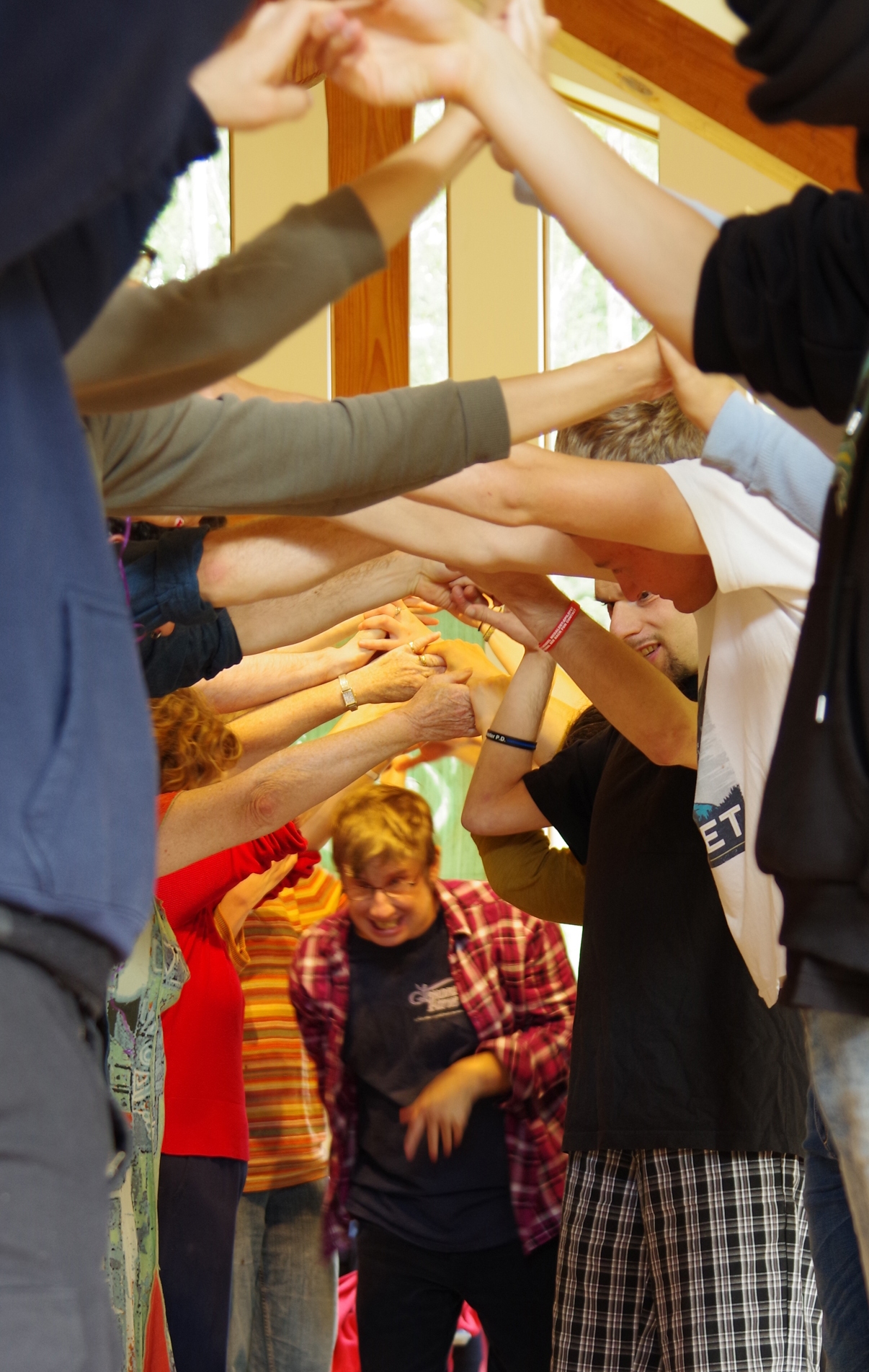
THE CAMPHILL MOVEMENT
In each extended-family household or independent living arrangement, natural relationships form a mutually supportive environment that lead to opportunities for each person to discover and develop to their full potential.
SUPPORTING THE CAMPHILL MOVEMENT
The Camphill Association of North America
The Camphill Association includes everyone living in Camphill communities in North America and is governed by elected officers and trustees from each full member and affiliate community. The Association meets three times per year and helps host the annual Research Symposium and Inspired Communities workshop. Other important work includes a peer review process, strengthening volunteer recruitment and retention, and promoting and protecting the work of the Camphill movement through policy research and engagement.
The Camphill Academy
The Camphill Academy provides a path of transformative learning that allows students to unfold their potential to contribute to the healing of individuals, society, and the earth. The course work in inclusive social development is rooted in rich and diverse hands-on experiences in the context of community living. The Academy is an accredited college program with campuses at many of our North American Camphill communities.
The Camphill Foundation
The mission of the Camphill Foundation is to grow, strengthen, and safeguard the Camphill movement in North America, through strategic grants that ensure the long-term sustainability and flourishing of Camphill communities. They serve their mission primarily by funding activities that help support the 15 communities in North America as well as others worldwide.
THE FOUNDING OF CAMPHILL
Dr. Karl König and the Values and Vision of Camphill
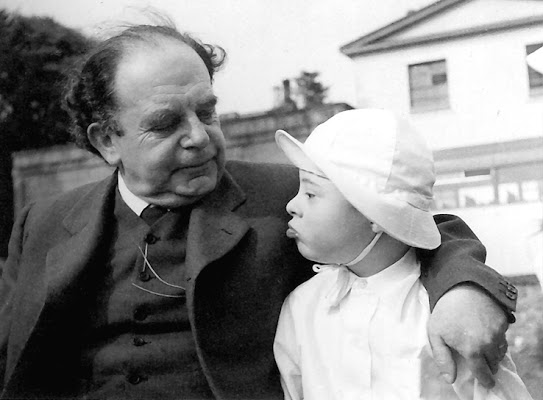
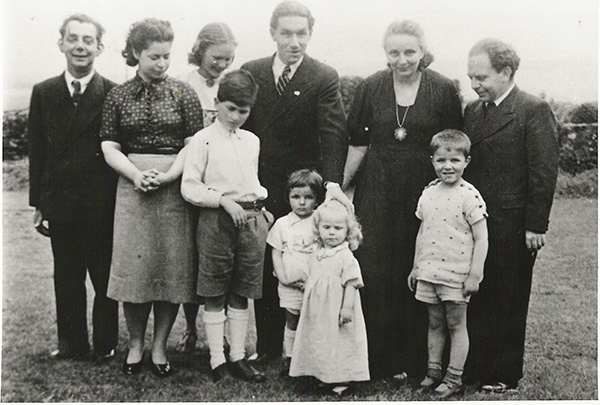
Dr. Karl König and the Values and Vision of Camphill
Dr. König’s vision was to develop Camphill communities, together with people who have intellectual disabilities. His special gift was to understand and focus on the abilities of each person, not their disabilities. Through teaching and modeling, our founders turned this gift into an effective approach for improving the lives of people with disabilities. The Camphill pioneers developed the idea that if each member contributed his or her own special gifts and talents, then the needs of each person could be met in a cooperative community. This vision lives on, and each new generation in Camphill strives toward achieving it in different ways.
In Camphill, we value the practice of mutual support in an interdependent community. This provides the basis for everyone to make valuable social contributions based on their skills and strengths, including each person’s capacity for communication and connection and a determination to improve the lives of others. The transformation from consumer, staff, or client, to friend, coworker, or self-advocate, as a primary healing resource, is the foundation for all educational, social and therapeutic endeavors in Camphill. We call this the Camphill Ethos.
Karl König wrote an essay about three essential values that are at the heart of our philosophy and guide the development and evolution of Camphill.
THREE
ESSENTIALS OF
CAMPHILL
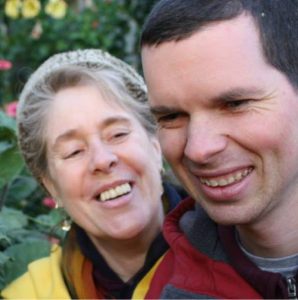
To Recognize the Wholeness of Each Individual
The foundation of life and work in Camphill communities is the conviction that every person is more than their physical and psychological make-up; their essential spiritual being is unimpaired and whole. In this respect, all of us are equal, no matter what our limitations or gifts appear to be.
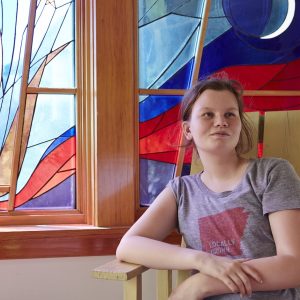
To Strive Towards Personal, Inner Development
Everyone living in Camphill is encouraged to take up a path of personal growth and development to strengthen their independent thought and judgement. Developing our inner creativity benefits everyone around us as well as ourselves; taking responsibility for our lives and destiny enriches our connections to other people.
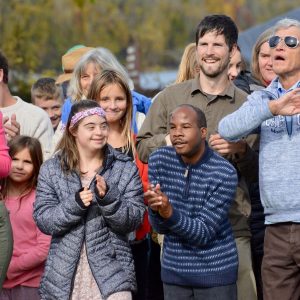
To Bring Equality, Freedom and Fellowship into Our Communities
Camphill strives to establish interdependent communities based on the ideals of equality in our social cooperation; freedom in our spiritual/cultural life; and fellowship in our economic life based on this underlying social principle in the quote below.
~ Rudolf Steiner
RUDOLF STEINER AND ANTHROPOSOPHY
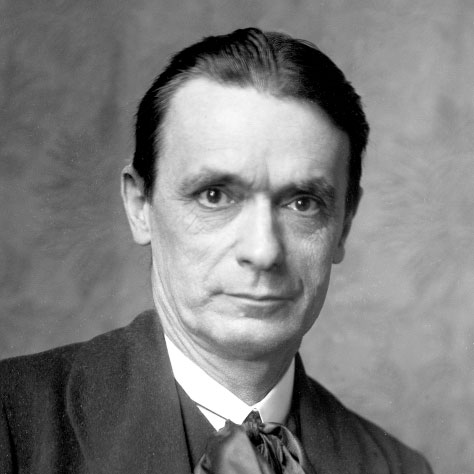
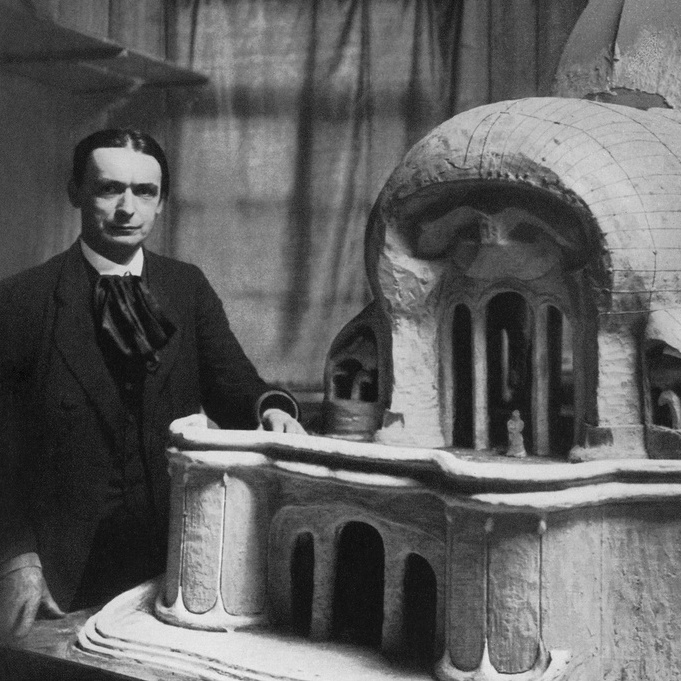
RUDOLF STEINER AND ANTHROPOSOPHY
The Foundation of Camphill's Philosophy
Anthroposophy is a philosophy based on the teachings of Rudolf Steiner (1861–1925), and its meaning derives from two Greek words — anthropos, “human being,” and sophia, “wisdom,” thus meaning “wisdom of the human being.” In this sense, Anthroposophy is also an impulse to nurture the soul life in the individual and in human society, meaning among other things, to nurture the respect for and interest in other people on a purely human basis, independently of their origin and views. Through anthroposophy, Rudolf Steiner laid foundations for individual awakening, evolving consciousness and renewed community. The three essentials of Camphill have their roots in this foundation, and in Camphill, individuals are striving to nurture the dignity, respect and interest in one another, and to help bring the consciousness needed to empower an inner and an outer change to make oneself better in order to create a better world.
Of the many activities arising from the work and writings of Rudolf Steiner, Waldorf education is perhaps the most well-known. It is a method and curriculum for the education of children based on Steiner’s ideas about stages of human development. In the field of caring for people with intellectual and developmental disabilities, the practices of Curative Education, Youth Guidance, and Social Therapy are based on Steiner’s ideas, expanded by Dr. König. Biodynamic agriculture, anthroposophical medicine and architecture; eurythmy (speech and music made visible through movement); anthroposophical organizational development; and many other art and therapy forms have their origins in the works and writings of Rudolf Steiner.